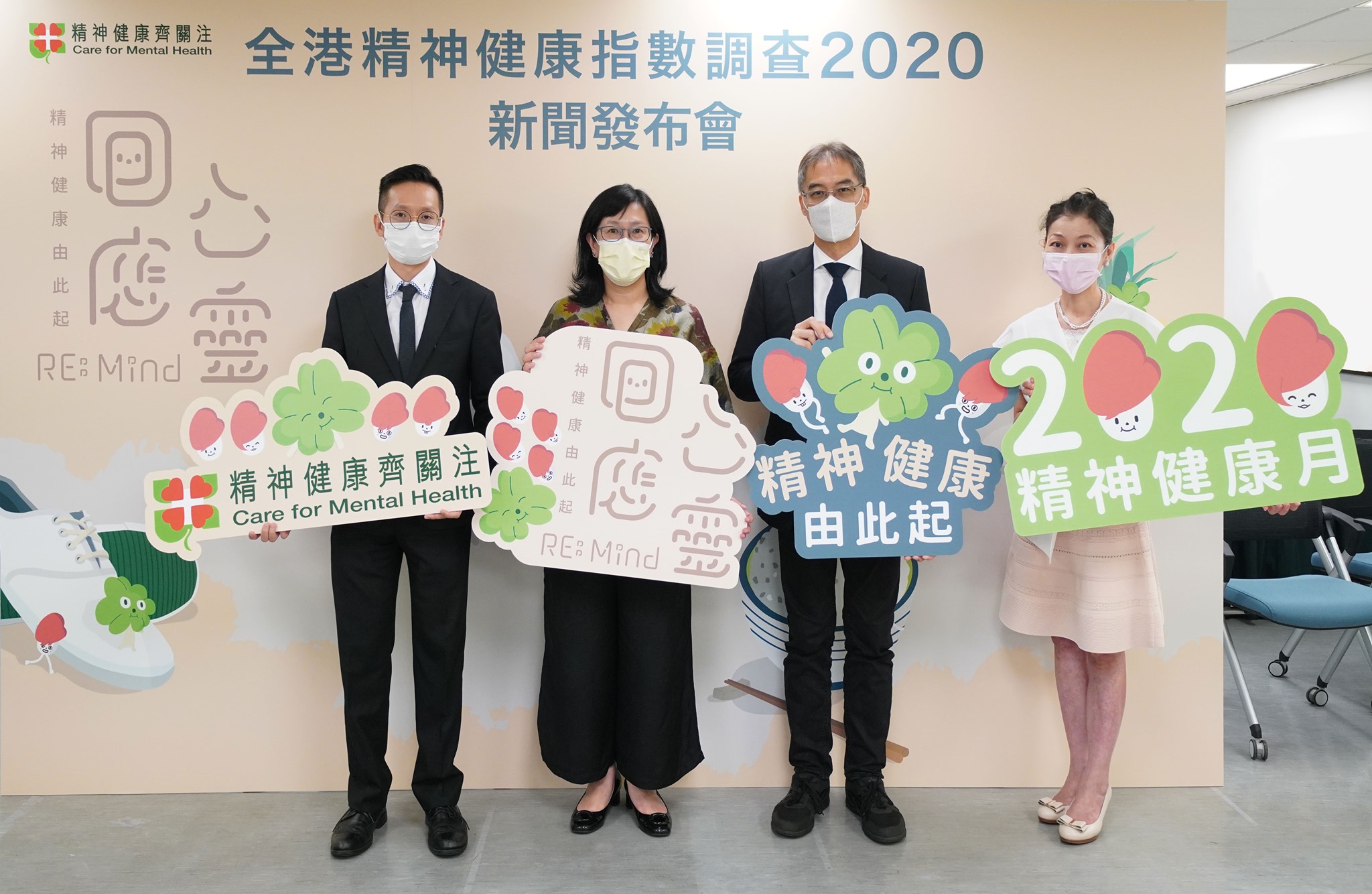
Hongkongers’ mental health slumps to new low in 2020
Hongkongers’ mental health scored at 45.12 on average in 2020, a record low since the survey was launched in 2012 as part of “Mental Health Month”, an annual awareness campaign co-organised by rehabilitation groups and public bodies, including the EOC.
Sampling 1,002 citizens aged 15 or above last year, the survey adopted the World Health Organization’s Five Well-Being Index (WHO-5), which presents respondents with five statements and asks them to rate, among other things, how often they felt cheerful, relaxed, rested, and interested in things happening in daily life over the two weeks prior to taking the survey.
A score of 52 is generally agreed to be the passing score, and for three years in a row the average Hongkonger has failed to hit the mark. Men, people aged 15-34, and those working full-time were among some of the most vulnerable groups.
Over 60% of the respondents said that controversies sparked by social issues had an extremely or fairly negative impact on their mental health during early 2020. The figure dropped slightly to 54.5% in mid-2020.
Another significant factor was COVID-19, with almost 40% of the respondents saying the pandemic had made an extremely or fairly negative impact on their mental health.
More than 40% said they experienced a traumatic event in the past year, with nearly 75% attributing it to social turmoil in Hong Kong. Worryingly, a quarter of these respondents may have developed post-traumatic stress disorder, exhibiting a series of symptoms, such as being extra alert to signs of danger in one’s surroundings, feeling anger whenever one thinks about the incident, reliving (i.e. remembering) it from time to time, and suffering frrom insomnia or not sleeping well.
Speaking at a press conference on 9 September 2020, the Organising Committee of “Mental Health Month” called on all sectors of the community to engage in genuine dialogue over social issues and seek out solutions collectively. As over 40% of student respondents indicated that their studies had made an extremely or fairly negative impact on their mental well-being, the committee also recommended stepping up training for teachers and social workers in order to better identify students who need emotional support and to help them develop resilience and de-stressing techniques.
For more information about the survey and campaign, please click the link below.

